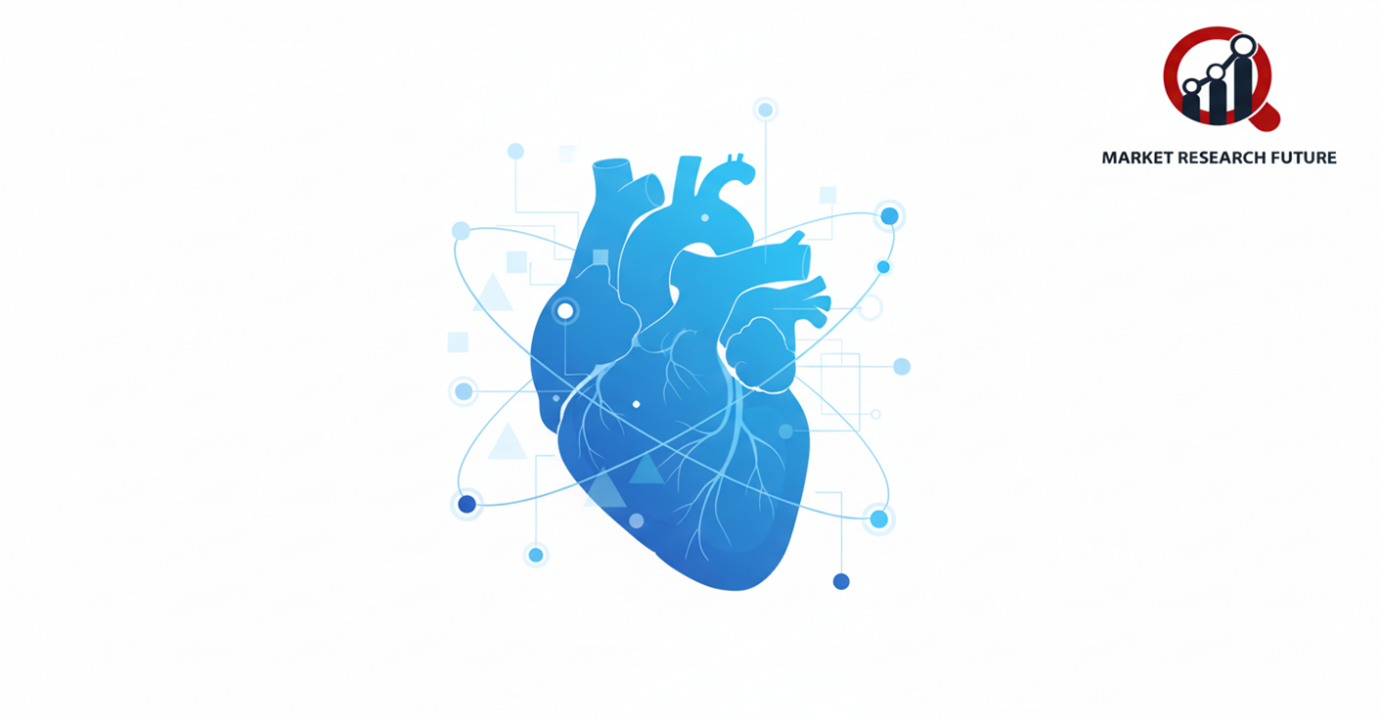Unveiling the Power of Cardiac Biomarkers: The Future of Heart Diagnostics

Cardiac biomarkers are vital to diagnosing and calculating the potential risk of heart disease. These blood test results reveal the state of health of the heart and whether the heart muscle is stressed, injured, or starved of oxygen. Troponin, myoglobin, creatine kinase (CK/CK-MB), and natriuretic peptides (such as BNP/NT-proBNP) are tested to help determine the presence of acute coronary syndromes (ACS), myocardial ischemia, heart failure, and other conditions.
At the center of many cardiovascular issues is the development of atherosclerotic plaques on the artery walls. These plaques can rupture, leading to a sudden drop in blood supply to the heart muscle, which can trigger intense chest pain (ACS). Prolonged ischemia can cause heart tissue to die (infarction or heart attack) and result in scarred myocardium, which may cause electrical disturbances (arrhythmias).
COVID-19: A Catalyst for Biomarker Relevance
The pandemic changed the usage of biomarkers in the most profound way. A lot of the more severe COVID-19 cases had raised cardiac biomarkers, which suggested myocardial damage, even though the focus was primarily on a pulmonary disease. Elevated troponin levels in COVID-19 patients were strongly correlated with worse outcomes, independent of traditional cardiovascular disease presence. All in all, the pandemic showcased how cardiac biomarkers can transcend classic heart disease and function as multi-organ risk markers.
Market Drivers:
- Increasing worldwide incidence of heart diseases
- Increasing requests for the identification of conditions, personalized, and advanced care
- Progress in assay technology (point of care, high sensitivity, and multiplex panels)
- Increased spending in the health system and diagnostics research, and development
- Increase in the adoption of offensive diagnostics.
Emerging Innovations & Next Frontiers
- In a new study, chemiluminescent assays had vertical flow enhanced with deep learning and performed ultra-sensitive detection of cTnI in ~25 minutes with bleeding-edge tech, AI, paper-based assays, and portable readers.
- Testing patient samples with molecularly imprinted polymer nanoparticles (nanoMIPs) for troponin sensing has yielded successful results.
- New troponin, natriuretic peptides, and inflammation marker multiplex panels are becoming more popular to refine risk stratification and differential diagnostics.
The Future Outlook: What to Expect
- More settings will adopt POC, decentralized, and remote testing, especially in emergency and outpatient departments.
- The use of digital health tools such as cloud analytics and smartphone-based readers will enhance remote and underserved areas and optimally strengthen adoption in such regions.
- Affordability and accessibility will become more prominent. Therefore, cost pressures and simpler workflow needs will drive assay developers to focus more on optimizing design to improve regulatory pathway navigation.
- High adoption of next-gen, high-sensitivity, and next-generation biomarkers will depend on relational policy and regulatory frameworks.
- Emerging market clinicians will need education and training to understand pattern recognition with new biomarkers and comorbid conditions, such as COVID with renal disease.
In conclusion, troponin and other cardiac biomarkers will soon be more readily available. With more sensitive and rapid POC testing, the ability to detect and treat cardiovascular disease will shift standards of care and improve outcomes worldwide.